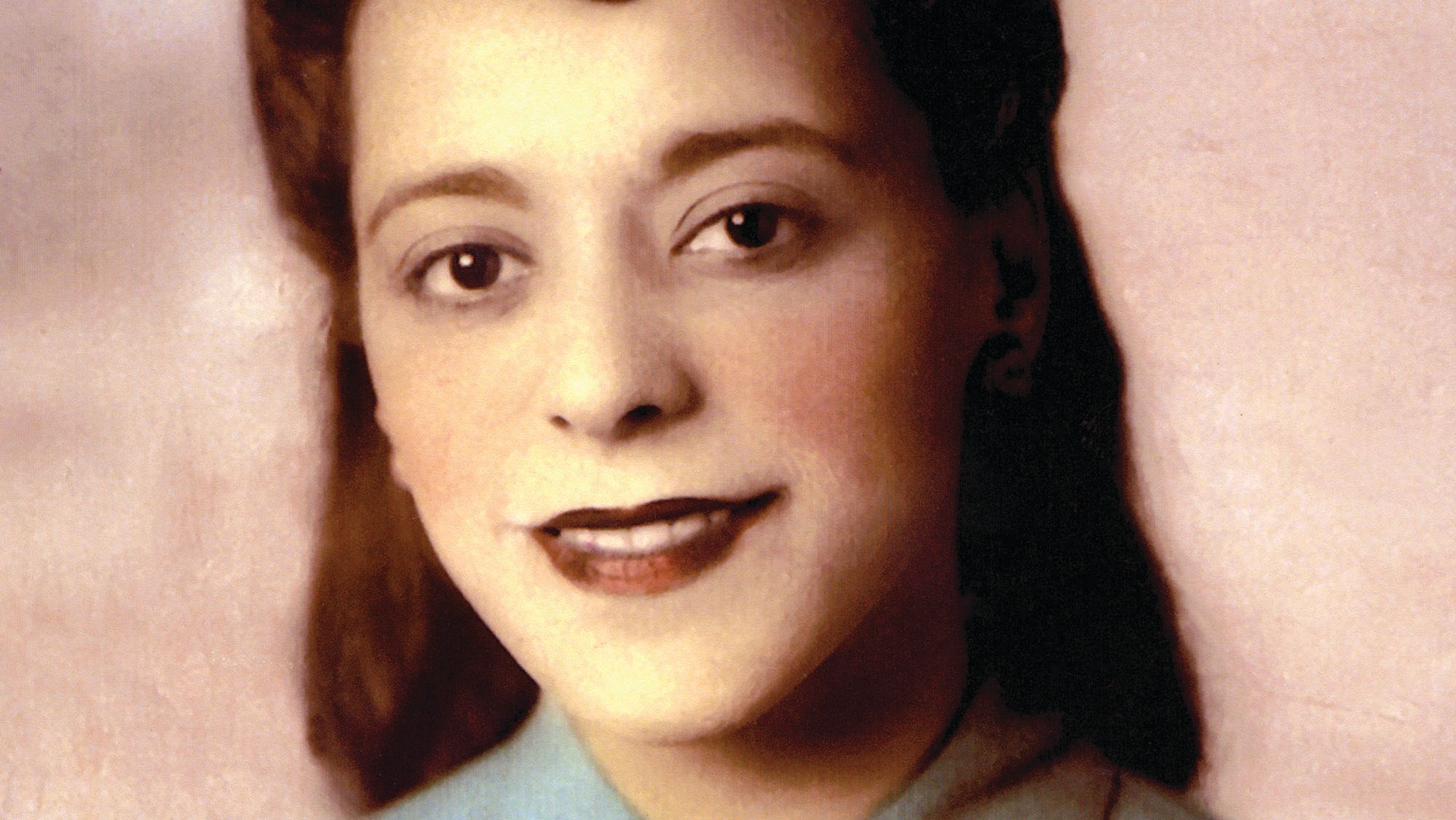
This session will centre self-identified Black people who may be students, faculty, staff, alumni and community members. She will discuss how Black people can maintain resistance against white supremacy, foster resilience and strive forward in a hopeful way.

On Friday, Green will be participating in the Alumni Relations’ Top 5 webinar, Resistance, Resilience and Support for Ryerson’s Black Community to address the development of a Black community toolkit at Ryerson and beyond. Green recognizes that in the midst of what is happening, many mainstream messages have ironically centred on the needs of white and non-Black allies, and the unlearning and relearning they must take on in order to work in solidarity against anti-Black racism. “As I always say, inclusion begins at home.” It actually means that you are going to have to work harder to challenge the power and influence of white supremacy that leads to internalized oppression and lateral violence. “Just because you are racialized does not mean you are immune to anti-Black, anti-Indigenous and racist attitudes.

“For non-Black racialized people, their understanding of how their ethnocultural background relates to anti-Blackness is just as critical,” Green said. Green emphasizes that an important first step for white people is learning about white supremacy, colonization and its legacy, which serves as a foundation to understand what it means to be white in Canada. “They may unconsciously or consciously uphold practices that benefit white people and disadvantage racialized people.” “While many people don’t believe they are racist, research demonstrates that they unfortunately continue to sustain racist environments and reproduce racist outcomes,” says Vice-President of Equity and Community Inclusion Denise O’Neil Green. It’s important to remember that anti-Black racism is fueled and backed by white supremacy, which impacts all of us, not just Black people. The fight against anti-Black racism must be a collective effort for all Canadians, regardless of their skin colour. More people are waking up to realities that are not new to Black people as well as Indigenous and other racialized communities. Protests have taken place before but the vibe feels different this time. and worldwide in response to systemic anti-Black racism and cases of police brutality. For almost three weeks now, protests have been taking place here in Toronto, across Canada, the U.S.


 0 kommentar(er)
0 kommentar(er)
